Portuguese Man Joins British Scientific Mission in Antarctica
Tiago Figueiredo, a 47-year-old Portuguese man, is set to embark on a unique adventure as part of a British scientific mission on Goudier Island in Antarctica. His departure is scheduled for Monday, marking the start of a five-month stint in one of the most extreme environments on Earth.
Extreme Conditions and Unique Role
Figueiredo will be working at Port Lockroy, home to the world's most remote post office. He is part of a six-person team from the UK Antarctic Heritage Trust (UKAHT), living and working on an island no larger than a football field. "Obviously, there's always a degree of apprehension, but it's one of those unique opportunities. I'm very excited and counting the days. I consider myself incredibly lucky," he told Lusa news agency.
From Business Consultant to Antarctic Explorer
This experience is a complete departure from Figueiredo's usual profession as a business consultant. Originally from Lisbon, he has lived in the UK since 2012. His fascination with the era of Portuguese discoveries in the 14th and 15th centuries sparked an interest in the exploits of British explorers like Ernest Shackleton and Robert Scott from the 19th and 20th centuries. "I never learned about any of this in school. I started reading a lot about the subject, researching, and developing a distant desire to one day go there," he shared.
The Opportunity of a Lifetime
The chance came when his wife, Raquel, forwarded him an unusual job advertisement. UKAHT is a British philanthropic organization responsible for several sites in Antarctica, including Port Lockroy—a former military base established in 1944 during World War II.
Scientific and Conservation Work
Each year, a new team is sent to inventory the colony of over 1,000 gentoo penguins on the island, focusing on eggs and new chicks. The mission coincides with the austral summer and natural ice melt, which the birds use for breeding. The study aims to assess the penguins' quality of life and survival rates.
Tourism and Postal Operations
The southernmost post office on the planet and its museum are primarily visited by a limited number of tourists brought by cruises and authorized to enter the island. Despite this, tens of thousands of letters and postcards are sent from Port Lockroy annually. Team members also have the responsibility of boarding ships to give lectures on the island's history, their mission, and raise awareness about the importance of Antarctic conservation work.
Challenges and Preparations
Given limited access to water, energy, and communications, Figueiredo looks forward to these occasions "to take a hot shower, because there's no running water on the island, and to have a meal that isn't from a can." He underwent survival training for accidents or bad weather, as well as first aid training, including resuscitation, injections, and catheterization. He also learned to operate the post office and handle historical artifacts in the museum, particularly objects used by occupants over eight decades.
Souvenirs and Funding
In the shop, souvenirs like t-shirts, mugs, or fridge magnets are sold, with the particularity that it's "perhaps the only place where you can buy something in Antarctica." The revenue is crucial for funding the operation and maintenance of the buildings.
Personal Sacrifices and Rewards
Leaving his family behind, especially during the Christmas season, will be difficult for Figueiredo, who only accepted after being "authorized" by his wife and two daughters. The job is paid, with travel and expenses covered, but for the Lisbon native, this is above all the "fulfillment of a dream."
Team Dynamics and Future Plans
Figueiredo will be the first Portuguese person to join a UKAHT mission, which this year includes several repeat members and Amanda Barry, whose father was stationed there in 1948. Three team members will be replaced at the end of December, and in early January, three carpenters will join to repair the wooden building structures damaged by water and snow. Interventions in electrical and communication infrastructure are also planned. Figueiredo is one of the few newcomers and will stay for the entire season. "I preferred to stay, since the 14,000-kilometer journey is long. I thought, since I'm going, I might as well stay the whole time. I hope I don't regret it," he said.
Packing for the Extreme
He is packing warm clothes and footwear to withstand sub-zero temperatures, some books, chocolates, "good coffee," family photos, and materials to make Christmas presents for his adventure companions.

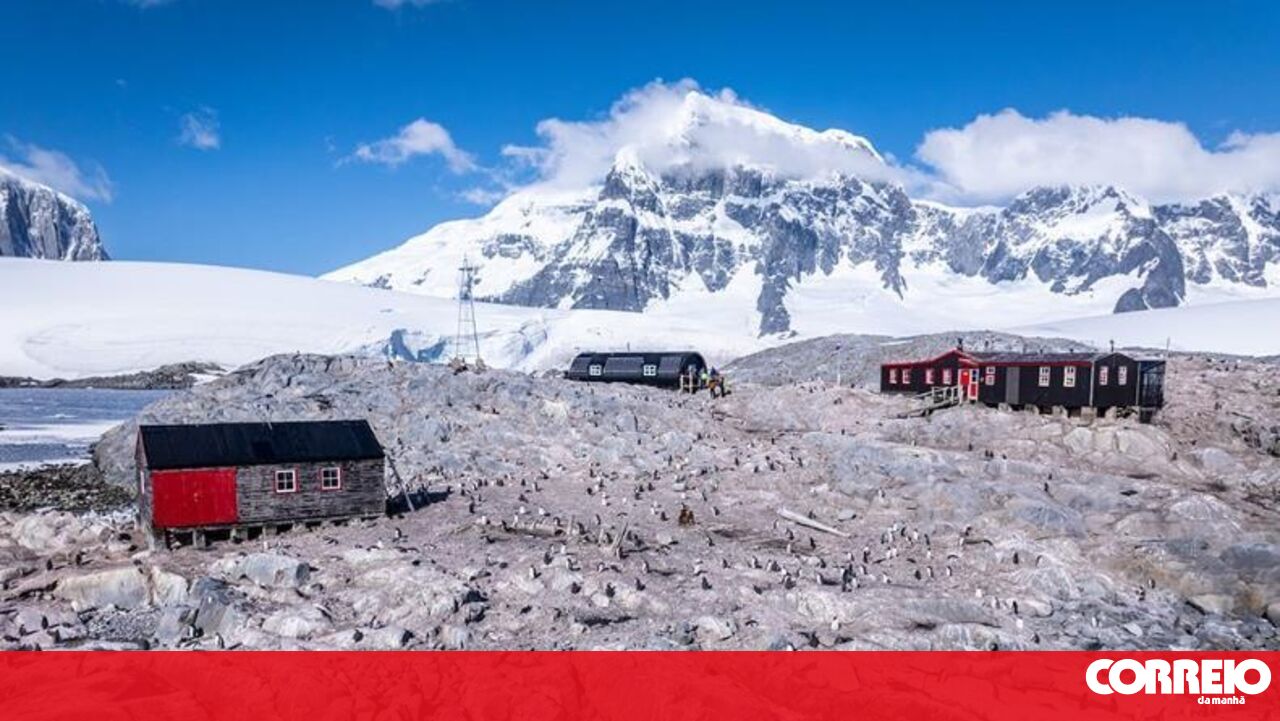

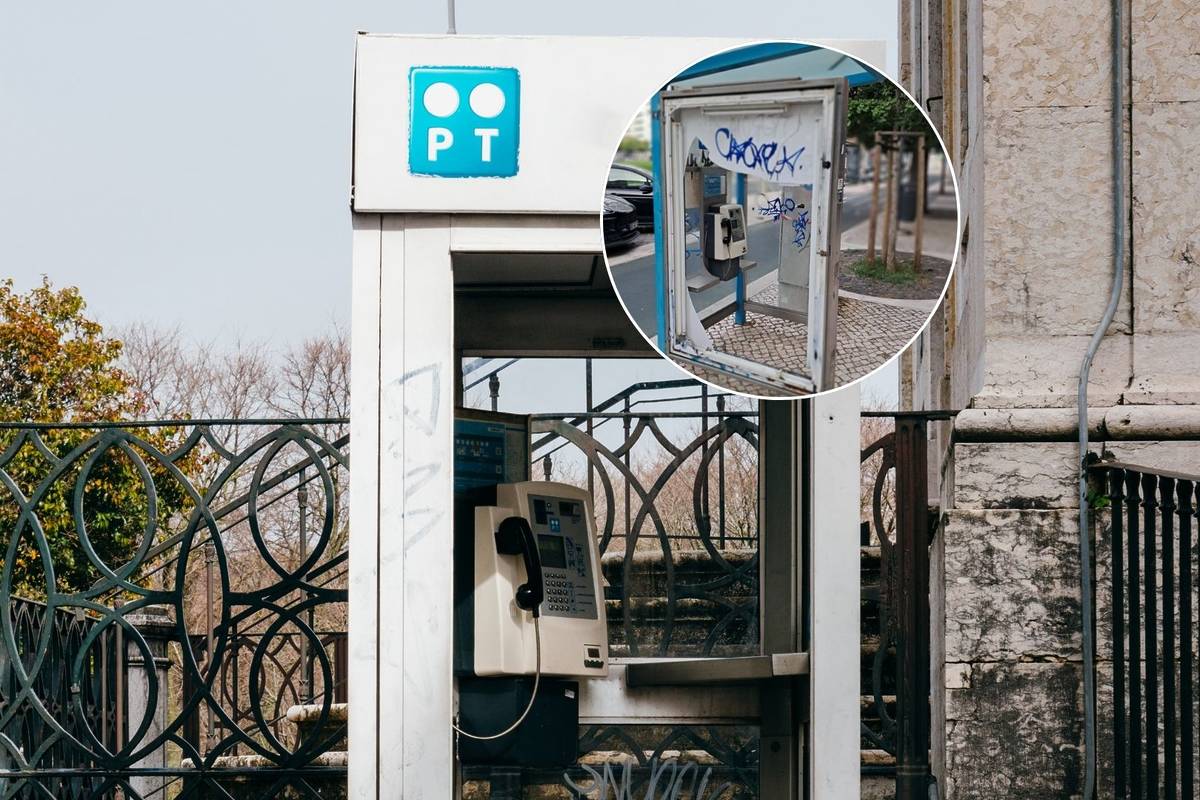


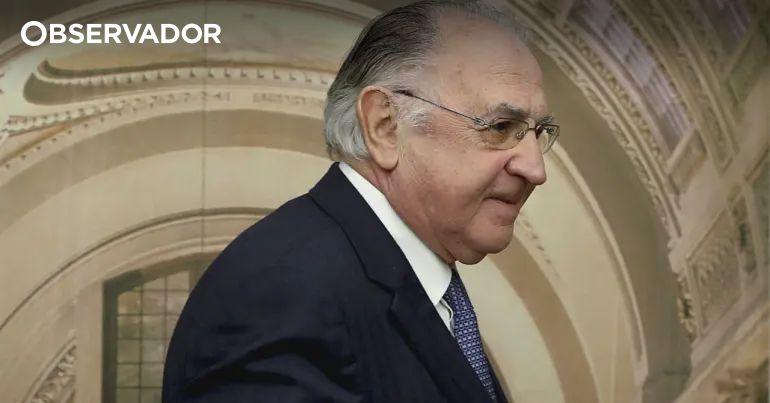

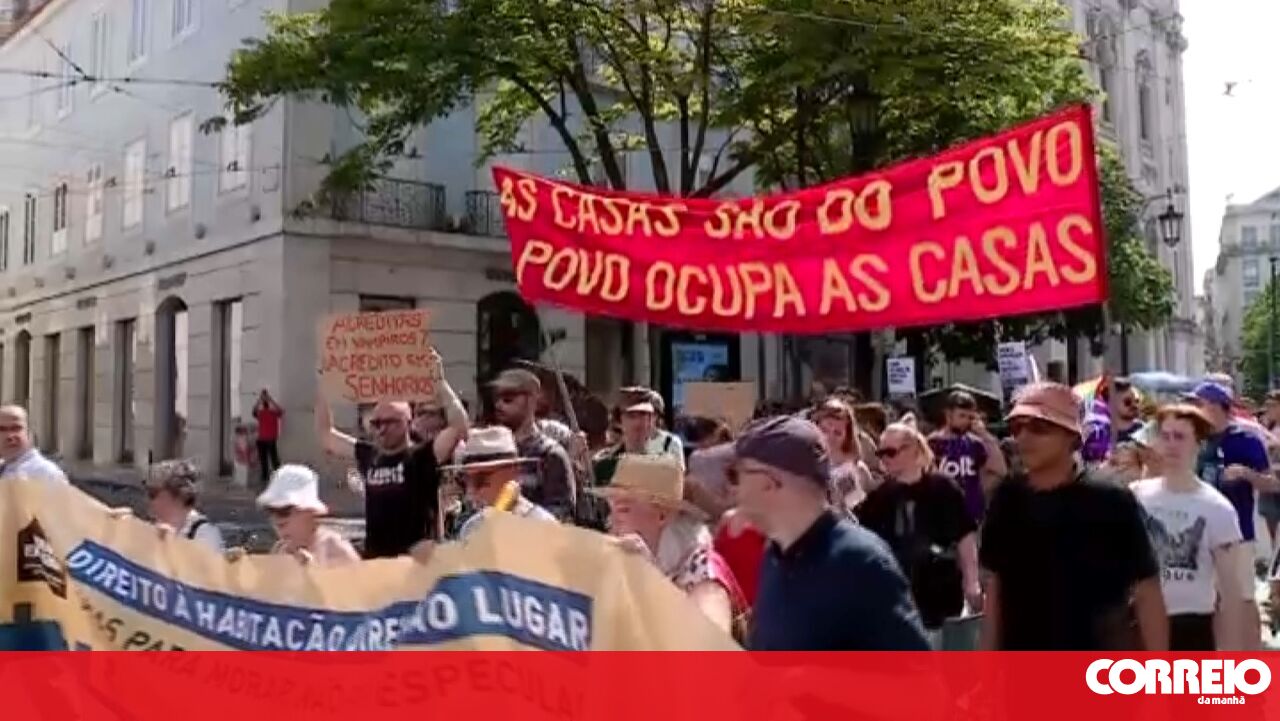
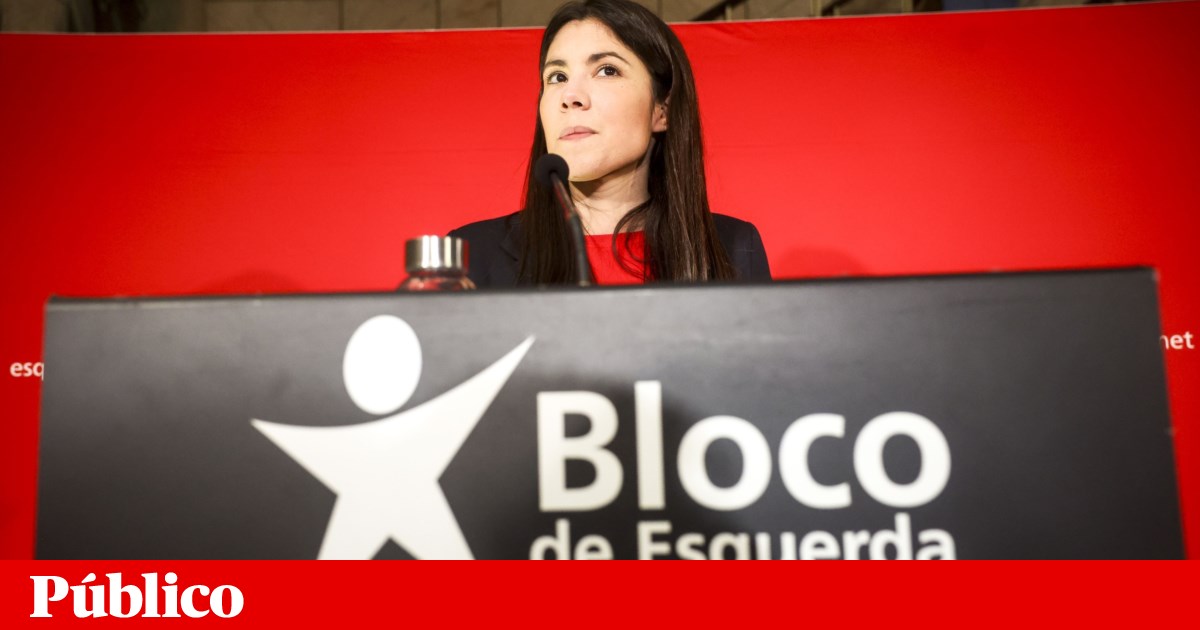

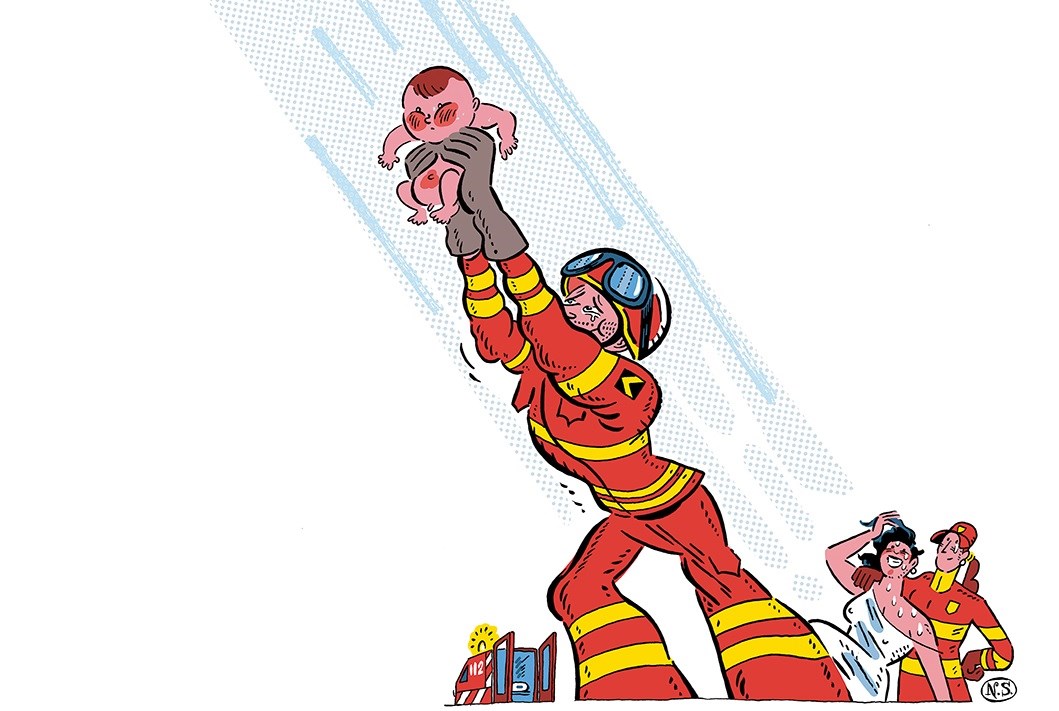
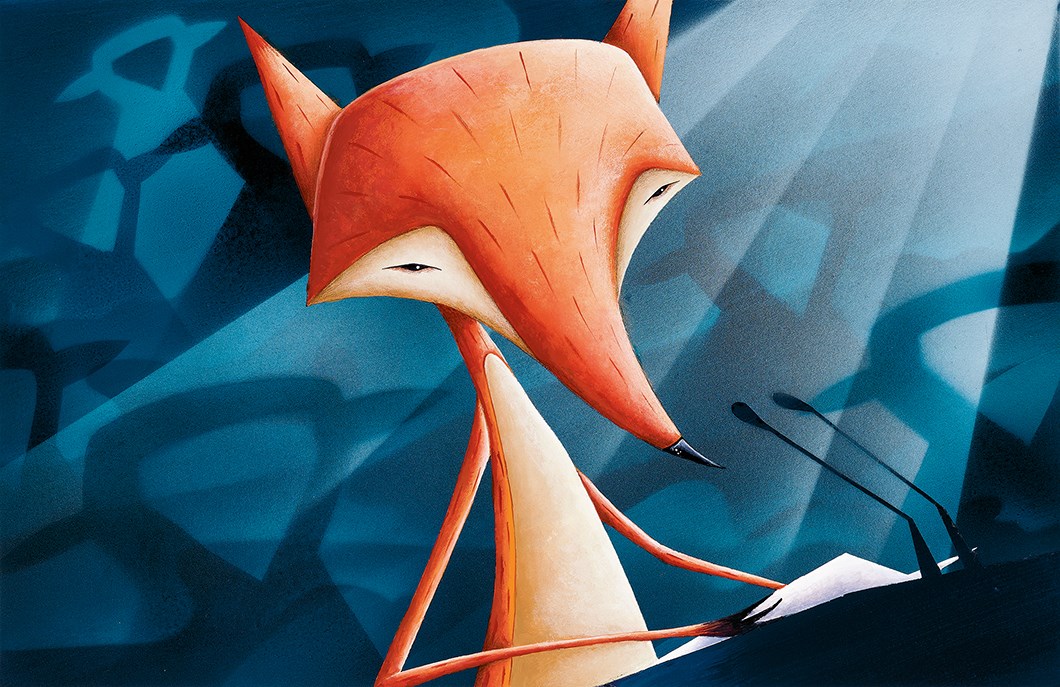

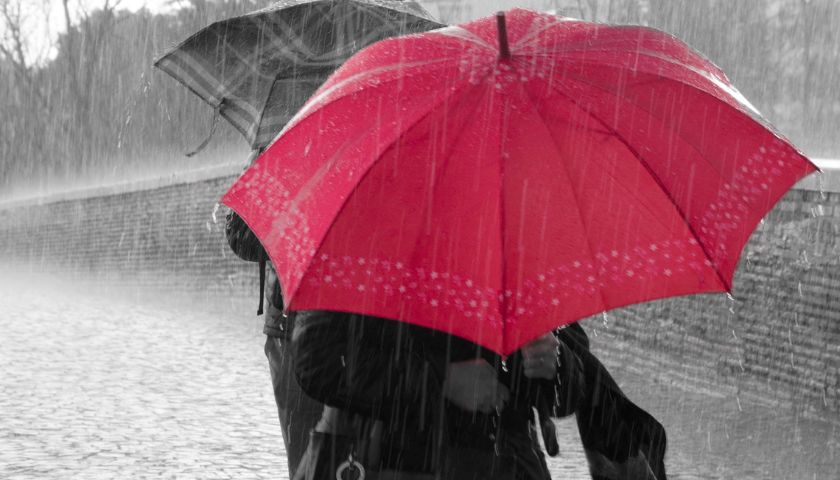
Comments
Join Our Community
Sign up to share your thoughts, engage with others, and become part of our growing community.
No comments yet
Be the first to share your thoughts and start the conversation!